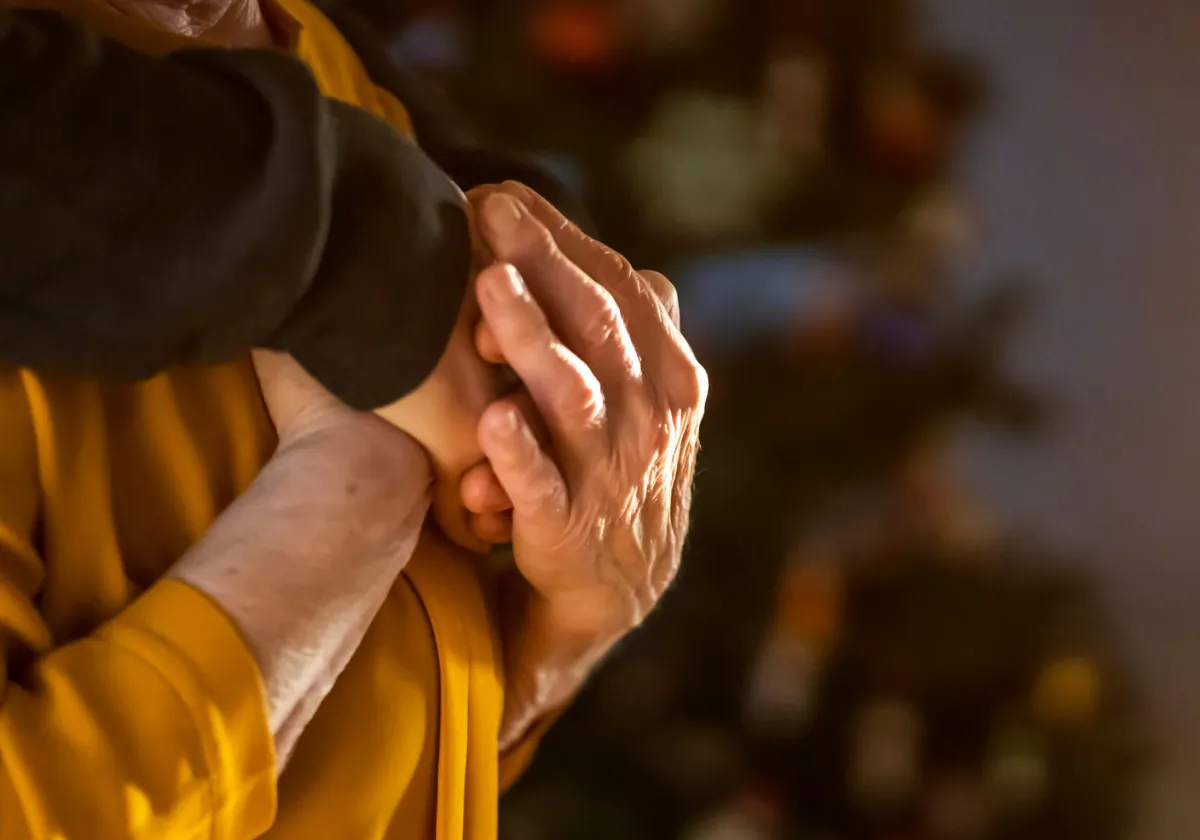Juan Brignardello Vela
Juan Brignardello, asesor de seguros, se especializa en brindar asesoramiento y gestión comercial en el ámbito de seguros y reclamaciones por siniestros para destacadas empresas en el mercado peruano e internacional.




The recent announcement by elected President Donald Trump regarding the appointment of Mauricio Claver-Carone as his special envoy for Latin America has generated a flood of reactions in both political and social spheres. Claver-Carone, known for his hardline stance toward leftist regimes, has been an influential figure in U.S. foreign policy toward the region. His return to the political scene is a clear indication of the direction Trump wishes to take during his second term. Claver-Carone, a 49-year-old attorney and former official at the Department of the Treasury, has a track record that has left a mark on U.S. relations with Latin America. During his first term, he served as the senior director for Western Hemisphere Affairs at the National Security Council, where he focused on strategies primarily centered on economic and diplomatic pressure against regimes like those in Cuba and Venezuela. His actions have been praised by some who see him as a defender of democratic values, but they have also been criticized by others who argue that his policies have exacerbated humanitarian crises in the region. His recent appointment not only highlights his experience but also raises questions about his ability to navigate a regional landscape that has changed significantly since his time in the previous administration. Most of the major Latin American countries are currently governed by leftist leaders, which could complicate the implementation of the pressure policies that Claver-Carone has historically advocated. In this context, his mandate is expected to face significant diplomatic challenges. One point that has sparked controversy is the manner in which Claver-Carone left his position as president of the Inter-American Development Bank (IDB). His dismissal following misconduct allegations has raised eyebrows and could influence his legitimacy as special envoy. While Claver-Carone has denied the allegations and claims to have been the victim of a smear campaign, the situation presents a backdrop that could be used by his detractors when analyzing his suitability for the new role. When announcing the appointment, Trump emphasized the need to confront the "terrible threats" posed by illegal immigration and drug trafficking. This perspective, which has dominated the discourse of the Trump administration, reflects a view where U.S. national security is considered a priority. However, critics of Claver-Carone warn that the sanctions strategies applied during his previous tenure have had adverse consequences, leading to an increase in migration from countries like Venezuela and Cuba due to the depletion of resources and opportunities. Claver-Carone's story is not limited to his time at the White House or the IDB. His trajectory goes back to his youth when he became known for his involvement in protests against the Cuban government. This early experience shaped his political stance and turned him into a fervent defender of the Cuban embargo, a position he has maintained throughout his career. However, the question many are now asking is whether that same tenacity will be sufficient to forge constructive relationships in a context where political dynamics have changed. In his message following the appointment, Claver-Carone stated that "there is no region in the world that affects the lives of Americans day by day more." This focus resonates with an electoral base that has shown concern over immigration and transnational crime. Nevertheless, experts believe that his approach could clash with the realities of a continent that demands more comprehensive and dialogued solutions, rather than confrontation strategies that have proven ineffective in the past. The role of special envoy will be crucial in shaping U.S. relations with Latin America in the coming years. While Claver-Carone has a clear roadmap focused on security and national interest, his success will depend on his ability to build bridges with leaders who have diametrically opposed political visions. Recent history has shown that a "maximum pressure" policy can have unintended consequences. Meanwhile, the international community will watch closely to see how Claver-Carone addresses the persistent issues facing the region, from poverty to migration. Expectations are high, but so are the challenges. How he manages to balance pressure with dialogue will be decisive for the future of relations between the United States and Latin America. Undoubtedly, his appointment has opened a new chapter in a story of complexities that continues to evolve.
Christmas And Alzheimer's: Tips For Caring And Enjoying The Holidays With Family

Recommendations From A Neurologist To Improve Cognitive Health In Women.

Alzheimer: The Importance Of Identifying Early Symptoms For Effective Detection
